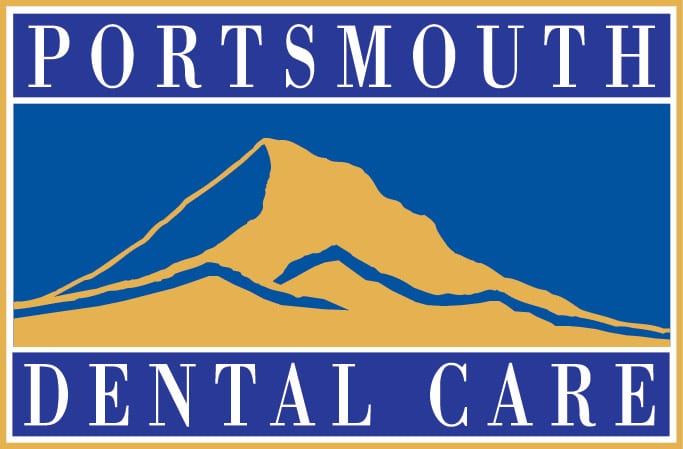
Dentists no longer use Novocain when treating patients. No, this doesn’t mean we’ve somehow managed to make dentistry completely painless (we wish!). We mean that Novocain is no longer the anesthetic of choice for dentists. In fact, it hasn’t been for many years.
Novocain is actually a brand name for procain. It was first created in 1905 and started being used in dentistry soon after. Believe it or not, before that, cocaine was the anesthetic of choice for procedures! Novocain was more effective and didn’t have addictive side effects, so it won out as the anesthetic of choice for many decades.
However, there was a serious side effect that caused dentists to start moving away from using Novocain. Many patients can have allergic reactions, sometimes severe, to the chemical that results as Novocain is processed by the body. By the 1980s, barely any dentists were using Novocain anymore. For the past 30 years or so, lidocain has been the local anesthetic that most dentists use. Lidocain was invented in 1943 and is sometimes called cylocain or lignocain. There are few other local anesthetics that dentists may choose based slight variations in their effect, such as being longer lasting.
Lidocain the same way that Novocain does: it’s a nerve blocker. When lidocain enters nerve cells, it prevents them from sending pain messages to each other, therefore the feeling of pain can never reach your brain. Think of it like an email spam blocker. The spam keeps being sent, but it never reaches your inbox so you never see it or experience it.
Local anesthetics like lidocain are usually used in restorative dental procedures, such as crowns or root canals. They are also used in combination with nitrous oxide (laughing gas) or general anesthesia in more complex procedures such as surgical extractions and placing dental implants.
So if Novocain hasn’t been used dentists in a long time, why do patients under 30 still know what it is and ask about it? Our best guess is that patients have heard about it from their parents, grandparents, or TV and movies. If you’re curious about local anesthetic and how we might use it in your treatment, please feel free to ask!
Appointments Before & After Work or School & on Saturdays & Sundays!
Request Online or Call Today!
Related Posts
Counterproductive Brushing Habits & Fixes
If you brush your teeth at least twice a day, you’re doing great. Regular brushing is the key to preventing tooth pain & expensive procedures.
Solutions for Slowing Sensitivity in Teeth
As our teeth are exposed to more & more foods that wear away enamel, our teeth can become sensitive to things like hot & cold food & drink.
Teaching Your Child Good Dental Habits
Good dental habits like brushing your teeth are important for your oral & overall health, but to kids, they can feel like a chore. Even though baby teeth will fall out eventually, it’s important to keep them healthy because they are guides & space holders for permanent teeth. Here are some tips for teaching your kids good dental hygiene habits to solidify their oral health for a lifetime.



